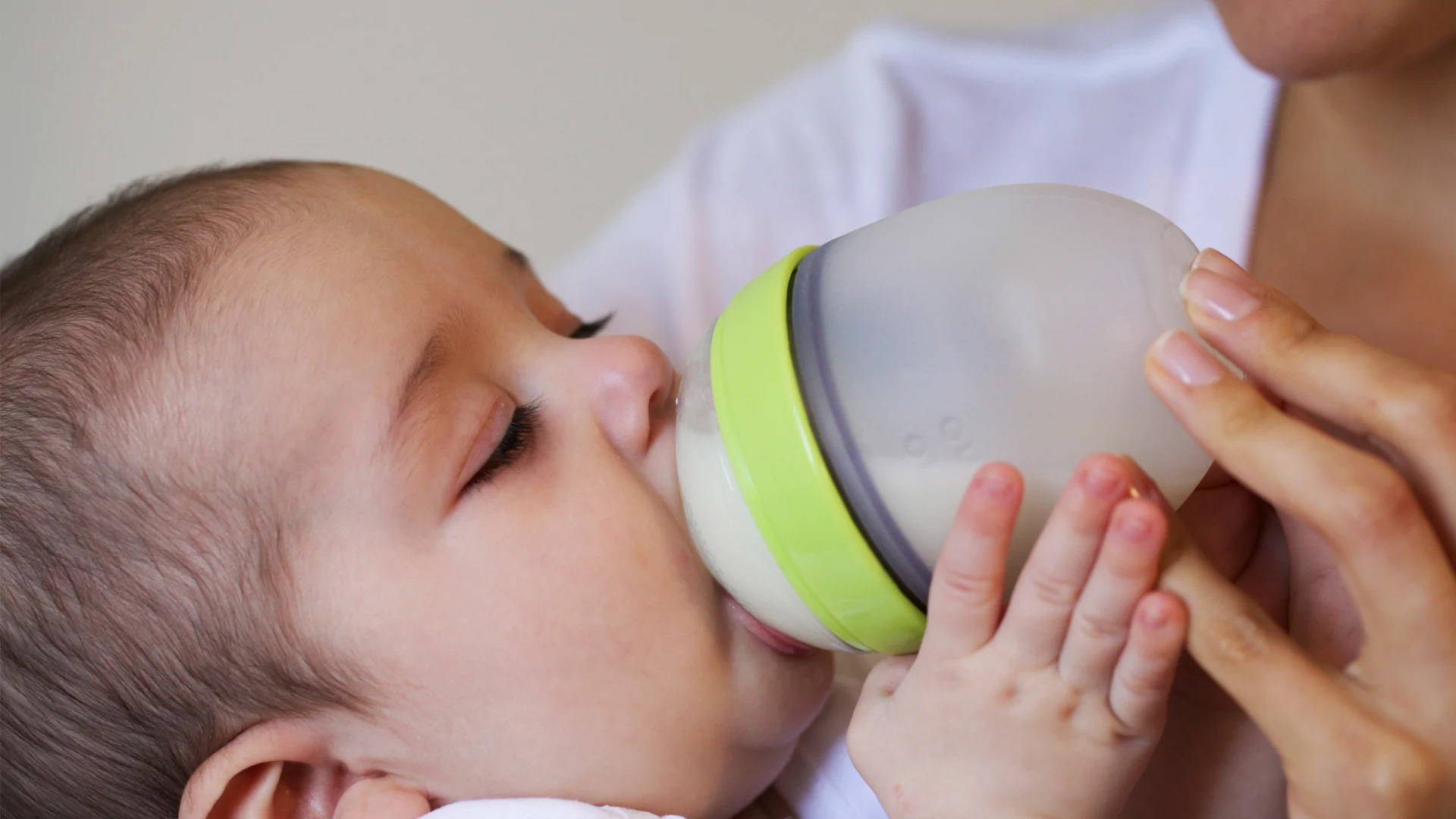
Is your Baby Rejecting a Bottle All of a Sudden? This Could be the Reason Why
| Pregnancy |
NEWBORN REFLEXES - REFLEXIVE SUCKING VERSUS VOLITIONAL SUCKING
Your baby was born with seven, innate, oral motor reflexes to help facilitate successful mealtimes. All of these reflexes have important roles, but two reflexes are specifically helping you with every feeding during the first four months of your baby’s life.
The root reflex is activated when an infant’s lips and mouth are lightly touched. This causes your baby’s mouth to open. Rooting helps the baby prepare for a bottle or pacifier to enter their oral cavity. Next, the roof of the baby’s mouth is touched, by pacifier or bottle and activates the suck/swallow reflex. During the first four months of your baby’s life, every time you place a bottle into your baby’s mouth, they will begin sucking reflexively.
As liquid moves into the mouth, the tongue immediately moves it to the back of the mouth for swallowing. When babies begin oral feeding they may be uncoordinated as they learn how to suck, swallow and breath. Over time, sucking becomes coordinated with swallowing and breathing, and these synched feeding behaviors will improve allowing your baby to grow and accept more volume. The sucking reflex is important to survival because an infant who can’t suck and coordinate sucking with swallowing and breathing will have difficulty with feeding and gaining weight.
Sucking is not something that disappears, instead it does something neat: it changes. By the time your baby has reached four months of age, his or her sucking reflex will have faded and sucking will transform into a voluntary act rather than a newborn reflex. During this time, your baby is going through a significant, developmental feeding milestone. This means that your baby will no longer automatically suck on objects (i.e. hands, fingers, pacifiers or bottles) unless he or she wants to do so.
Parents often mistake a sudden increase in bottle refusals as a sign that baby’s no longer want the bottle or are ready to begin solid foods. This is not the case. Instead, your baby is growing and developing into a little person that already wants to be busy. In addition to this feeding milestone, your baby has reached new social and emotional milestones and wants to interact with you and play. Your baby has reached communication milestones and wants to babble with you. Your baby’s cognitive development is creating your baby’s desire to watch faces and respond to the environment and physically, your baby can hold their head steady, possibly even roll over, hold and shake toys. All of these milestones are distracting your baby from successful feedings.
You can sail through this developmental feeding milestone by remaining consistent in your feeding routine. Keep your baby on a reliable feeding schedule and keep your environment calm around mealtimes to help your baby stay focused. You can use your baby’s natural desire to watch your face to reward your baby with lots of smiles and silly faces for good feeding.
Newborn instincts are innately designed with the main goal to help them transition from the womb into the world and survive. Once you’ve reached this milestone, you can be proud that your baby’s newborn reflexes helped them do just that during those first crucial months.
Written by Cindy Morison
Cindy is a Medical Speech Language Pathologist in the NICU, and a Certified Lactation Counselor. She has advanced clinical experiences in pediatric dysphagia (feeding & swallowing disorders). To help parents with her expertise, she founded Chew Chew Mama, LLC where she provides individualized therapy services for behavioral feeding disorders of newborns and young children.



